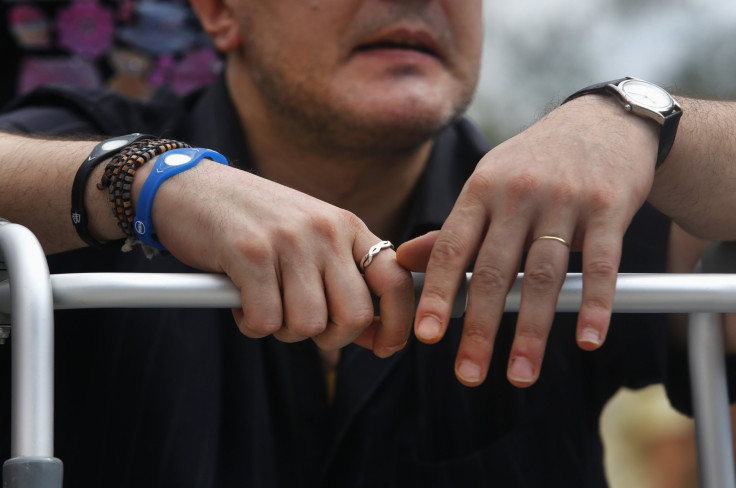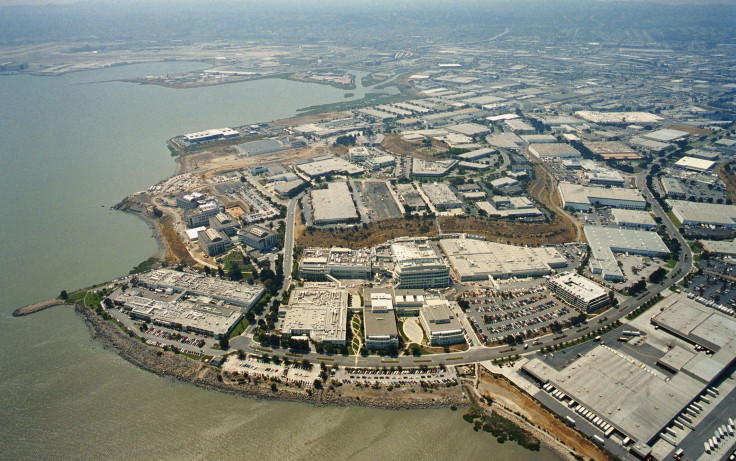New Roche Drug Shows Promise In Treating 2 Common Types Of Multiple Sclerosis

Pharmaceutical giant Roche Holding AG kicked off the week on a pleasant note to investors and multiple sclerosis patients, with the news that a drug it is developing can effectively delay the arrival of the disease’s debilitating symptoms by about 12 weeks.
Roche announced Monday the results of late-stage clinical trials that show its drug ocrelizumab is the first to slow the development of the most common form of multiple sclerosis (MS), known as relapsing-remitting MS, and another form called primary progressive MS. The drug is the first to show any promise in treating primary progressive MS, though 12 drugs have already been approved in the U.S. to treat the relapsing version.
Tim Race, pharmaceutical analyst at Deutsche Bank, told Reuters that the new results expand the potential market for ocrelizumab significantly and could turn the drug into a mega-blockbuster that generates $5 billion a year. The company, which is based in Basel, Switzerland, indicated it would submit an application for approval from the U.S. Food and Drug Administration and other global regulatory agencies to use ocrelizumab to treat both types of MS in early 2016.
Multiple sclerosis is a debilitating illness of the nervous system that slowly impedes the ability of patients to speak and function in daily life. It occurs when the body’s own immune cells attack the protective sheath surrounding nerves called myelin. Ocrelizumab makes changes to B cells -- a specific kind of white blood cell -- to prevent these attacks.
Patients with relapse-remitting MS experience episodes of MS along with periods of remission. They are often diagnosed in their 20s or 30s and may live and work for years while the disease slowly develops. Those who have primary progressive MS are typically diagnosed later in life and are more likely to show a steady and rapid decline.
About 2.3 million people in the world have multiple sclerosis. Relapsing-remitting MS is the most common form and affects 85 percent of patients, compared to the 15 percent who have primary progressive MS, according to the National Multiple Sclerosis Society.

The drug only stalls the disease’s progression; it is not a cure. In trials, it delayed the onset of clinical disability -- as measured on a common scale, which assesses one’s ability to walk without aid and remain self-sufficient in daily activities like eating -- for at least 12 weeks. Side effects, including infections, occurred at a similar rate in patients who were on the drug to those who were taking a placebo.
Roche has not released any early hints about what the price of the new treatment will be. However Genentech, the Roche subsidiary that is developing it, has been widely criticized by patients, insures and physicians for trying to charge more than $100,000 a year for new cancer drugs.
© Copyright IBTimes 2024. All rights reserved.





















